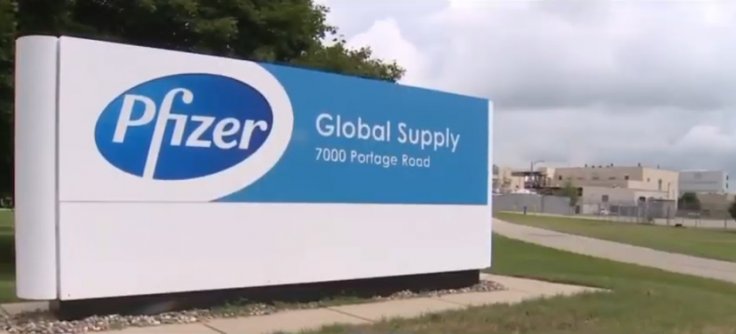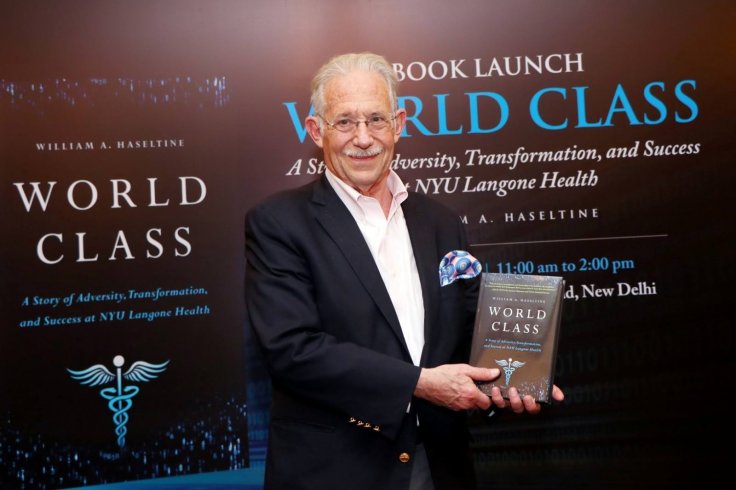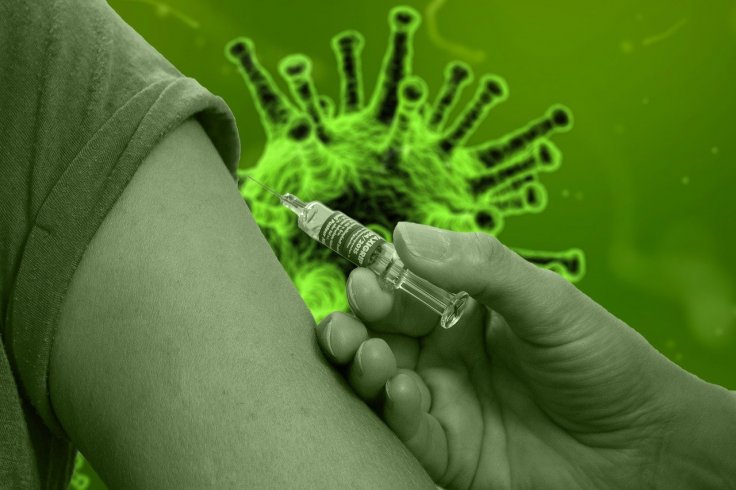Pfizer on Monday announced that its long-awaited Coronavirus vaccine had shown impressive results in early Phase II/III clinical trial data, sending the stock market soaring. The drugmaker said its two-dose vaccine was found to have 90 percent efficacy in preventing COVID-19 based on a study on 43,538 people. During the large-scale trials, only 94 people cases of COVID-19 were observed.
The news for obvious reasons has been celebrated by many as the virus continues to ravage lives. So far, many countries have imposed strict lockdown measures for the second time while the cases have crossed 50 million worldwide, claiming over 1.25 million lives. But infectious disease experts are yet to be convinced with Pfizer's efficacy claims.

Not Enough Data
Infectious disease expert and biotech executive William Haseltine said Pfizer and its German partner BioNTech didn't answer all the questions about the efficacy. The data Pfizer shared with its press release on Monday was based on 94 cases who still got infected. But it didn't reveal the number of patients who got infected after getting the vaccine or the placebo. Besides, the company didn't specify the number of mild or severe cases and effects on age groups. It's possible that in different age groups, people will have a different level of protection with the vaccine.
While Pfizer claimed that there were no safety concerns with the vaccine, it didn't reveal any details about the profile. Dr Albert Bourla, Pfizer Chairman and CEO of the company, in his statement did not mention any detail about the severity of the expected side-effects or the frequency. Besides, Pfizer's study also didn't disclose if the vaccine was more effective in older people, who are more susceptible to the disease. Bourla said "additional efficacy and safety data generated from thousands of participants in the coming weeks."

Haseltine, a former Harvard Medical School professor, previously criticized another frontrunner Moderna for not releasing adequate data with its press release. "It is very welcome news that the vaccine has a measurable effect. But there are many, many outstanding questions which are left unanswered," Haseltine told Business Insider. He started two research centers at Harvard focusing on HIV/AIDS and cancer.
Questions on Asymptomatic Patients
The expert's primary concern is related to the study's limitations. Pfizer's study was focused on getting results of symptomatic COVID-19 cases. That means if the vaccine yields fewer cases of symptomatic COVID-19 cases compared to placebo, it would be deemed effective. Haseltine said that as per Pfizer's results, the vaccine could prevent COVID-19, the disease caused by the novel Coronavirus. But what about preventing infection?

Many ongoing vaccine studies are focused on preventing COVID-19 and do not focus on asymptomatic carriers. That could be a serious problem if vaccinated individuals become asymptomatic carriers as they could still unknowingly infect others. Preventing the infection would have a major impact on stopping the pandemic as well.
"That's a major point that I don't think most people appreciate. It doesn't mean an end to the epidemic," said Haseltine, who now heads a non-profit Healthcare thinktank named Access Health International. According to him, the real effectiveness of the Pfizer vaccine can only be ascertained once its results indicate all the parameters.









